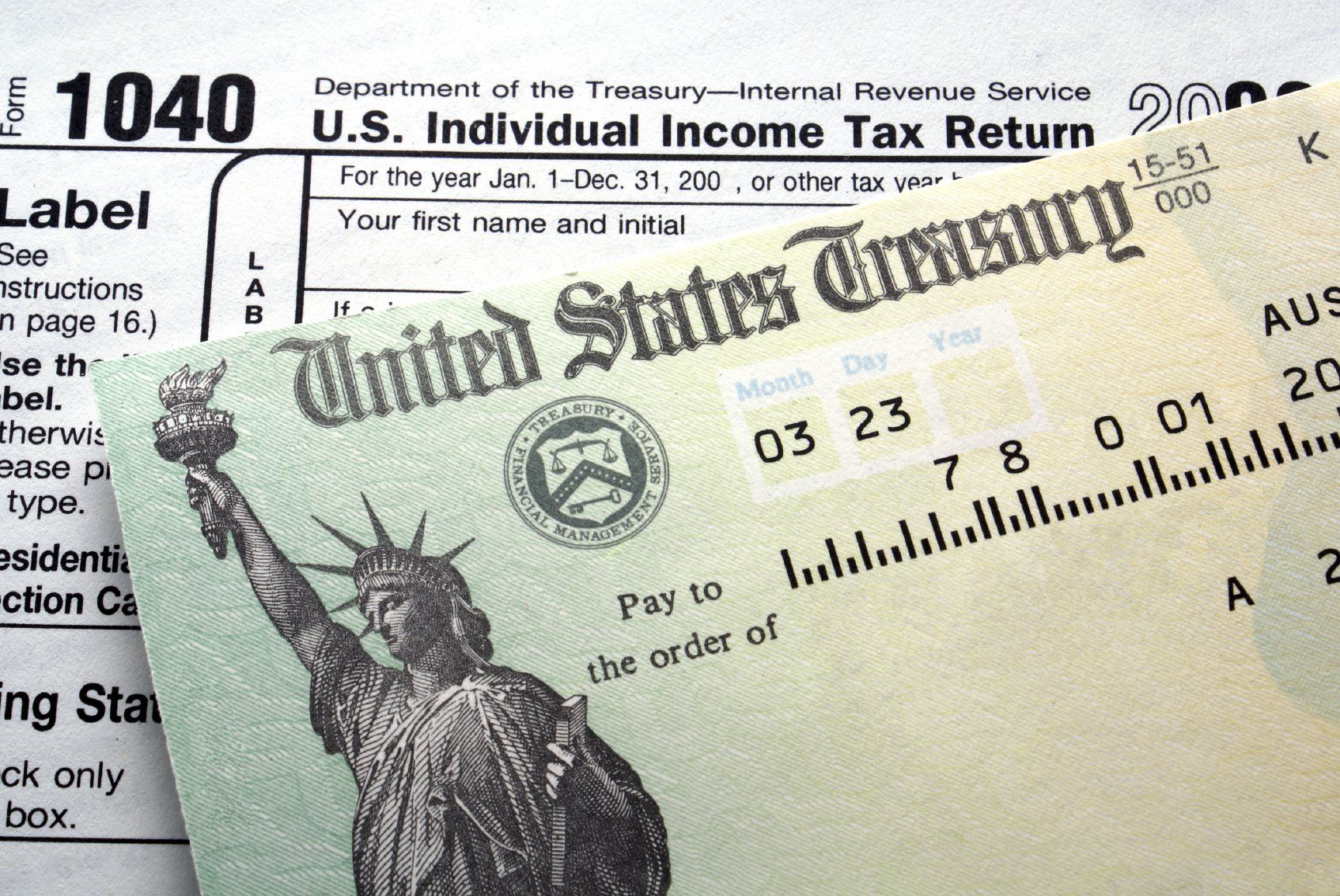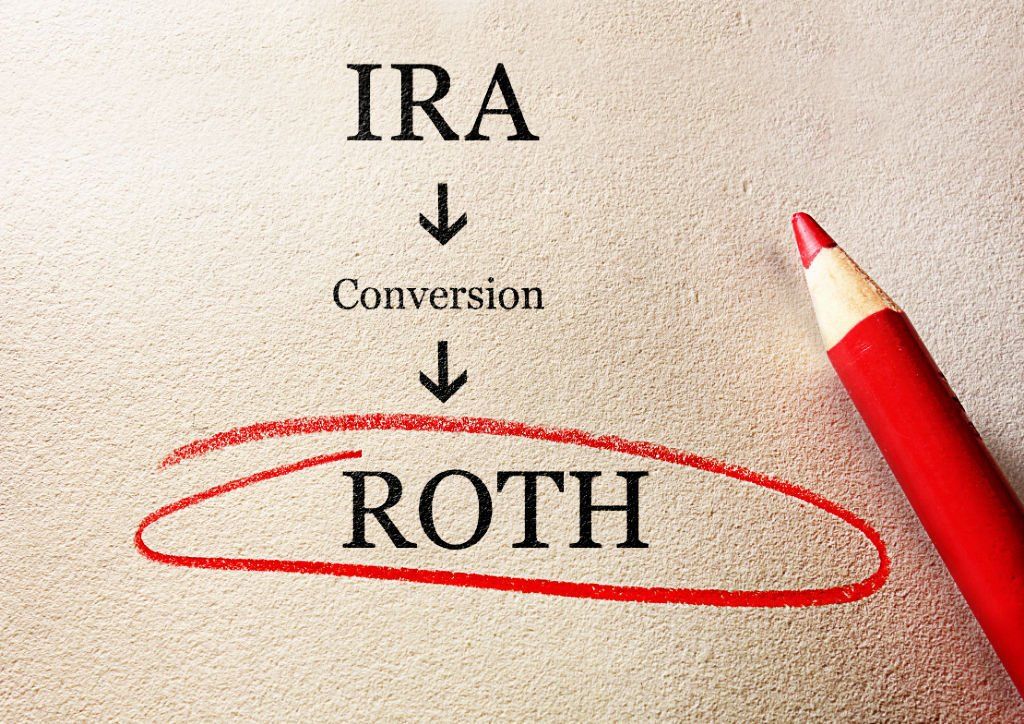Don't Overpay the IRS: How to Review Your 2019 Tax Return

Taxes paid to the federal government are usually the biggest single expense people have during their working years and in retirement. Surprisingly, many people do not do tax planning . As a result, lots of opportunities are missed and lots of tax savings are forfeited—sometimes year after year. To learn more about these strategies, download my free 2020 pdf book How to Lower Your Taxes in Retirement . Let me now differentiate tax preparing from tax planning . Tax preparing looks backward, one year at a time, to get the numbers right to accurately calculate your tax liability (and how much you owe or overpaid). Tax planning on the other hand looks back at the previous year to discover how to lower your taxes in the future. A tax planner looks in the rear-view mirror at last year and asks what can be done to lower your tax bill going forward. The legendary CPA, Ed Slott, quips, “To make money through investments and yet omit tax planning for distributions is like playing the first half of the game and sitting out the second half.” Even if you are great at accumulating assets, what good is it if you lose it through unnecessary taxes? Sign up to receive my free monthly email articles on retirement planning--no cost, no obligation . The recent CARES Act offered an automatic extension from April 15th, 2020 to July 15th, 2020. Whether you have already filed or not, this quick check below could identify costly mistakes. So, it is not too late to look at your 2019 tax return and take some actions to lower your tax bill for 2019. I am going to present one checklist for those of you who are already retired followed by another checklist for those of you who are still working. First, for those of you who are retired. |
Our philosophy at Echols Financial Services is that you should pay the IRS every dollar you owe, but that you shouldn’t be leaving them a tip. After all, every dollar we can save you in taxes is another dollar you have to accomplish your financial goals. As such we are always going to be looking for opportunities to lower our clients' lifetime tax bill.
We don’t prepare taxes, but helping
our clients pay less in taxes is a major focus of our planning. Because we are
not CPAs or tax preparers, any tax strategies we discuss or write about will
need to be coordinated with your CPA or tax preparer. We have learned
through over 17 years of experience that using this team approach delivers the
best results for clients.
When it comes to financial planning, an understanding of your taxes is essential to make sure everything you do is as tax-efficient as possible. After all, overpaying the IRS does not make you more patriotic. :)
To learn more about how to implement these and other tax-saving strategies, download my free 2020 pdf book How to Lower Your Taxes in Retirement.


Travis Echols , CRPC®, CSA
Receive free Social Security Guide by email




Investment Advisory Services offered through JT Stratford, LLC. JT Stratford, LLC and Echols Financial Services, LLC are separate entities.











